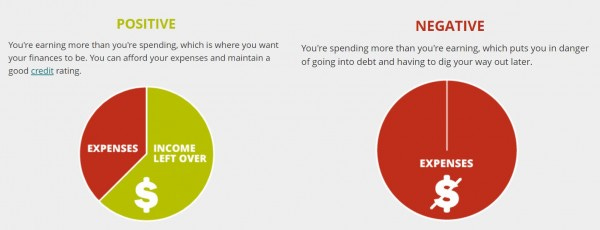What is the cost of living as a student in Vancouver?
Acsenda School of Management provides a distinguished education that offers a career-focused learning experience for students, resulting in a worthwhile investment for the future. Because our institution is located in the beautiful city of Vancouver, one of the most livable cities in the world, the cost of living can be somewhat pricey if you are not careful. For that reason, it is essential to learn how to minimize costs and make a budget to help manage money.
What are the main living costs in Vancouver as a student?
The costs of living in Vancouver can vary, however, to give an estimate per person in Canadian dollars:
International student tuition in Acsenda- $1,560 per course
Domestic student tuition in Acsenda – $700 per course
Rent (Housing/Accommodation) – $500 to $2000 per month
Groceries/Food – $300 to $700 per month
Public Transportation – $100 to $175 per month
Data plan for cellphone – $35 to $150 per month
Provincial health insurance – $75 per month
For more information about other fees in Acsenda, please go to the Tuition and Fees section on the Acsenda website.
What are some ways that students can budget?
There are a lot of ways for a student to save money, starting with scholarships, awards, bursaries, discounts, coupons, etc. Some of the main strategies that students can use to manage the money in the right way are:
1. Budget
Budgeting is a calculated approach to plan and prepare your finances. Working on a monthly budget can help you to understand the bigger picture of your money, making it easier to make accurate decisions on spending and saving. It can help to make sure that you are not spending more than what you are making, allowing you to plan for current and future goals.
For more information about budgeting, please go to the Canadian Government website which provides great information about making a budget, budgeting for student life, and a budget planner tool where you can calculate and save your budget or you can simply create your own budget manually in a spreadsheet and manage it as you please.
2. Track your spending
Tracking what you spend is a very important way of knowing where your money goes and guarantees that you are using it wisely. Tracking finances also helps to understand when and why you are in debt, how you got there and what are the best ways to pay it off.
Always follow all the purchases that you make with the help of receipts, a notebook, or free digital apps such as Mint or Wally, that can help to track and get accurate data on your spending, savings and future goals.
3. Set your financial goals
It is very important to set up reasonable financial goals to give a real insight before creating a budget. Having something to work for financially and manage to get it in the long term is rewarding; nonetheless, it is really hard to maintain that commitment without missing some of the goals along the way. For that reason, it is important to pay attention and keep a record of all the payments, spending and savings that you are making for the greater good in the future.
4. Finding financial resources
There are a lot of available resources to find on-campus and off-campus that can help students to relieve the stress of all the expenses that need to be cover. Education tends to be one of the most expensive costs to pay, for that reason Acsenda offers fair scholarships, grants and financial aid that can help reduce the overall costs. Also, there are some loans and student grants from the Canadian Government website for domestic students; and also, there are some scholarships from EduCanada and the government for international students.
5. Become a smarter saver
It is easier said than done, however, savings are part of everyone’s life at the moment of planning for a major or minor purchase. Some easy tips to save money are:
Look for discounts for your usual expenses (food, clothes, transportation, etc.)
Prepare your own food and pack it instead of eating out
Find a roommate to share living expenses
Shop for clothes on sale or at second-hand stores
Buy used textbooks or look for them in the public library
Use campus services (photocopier, printer, coffee/snack machines, etc.)






